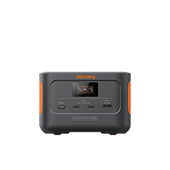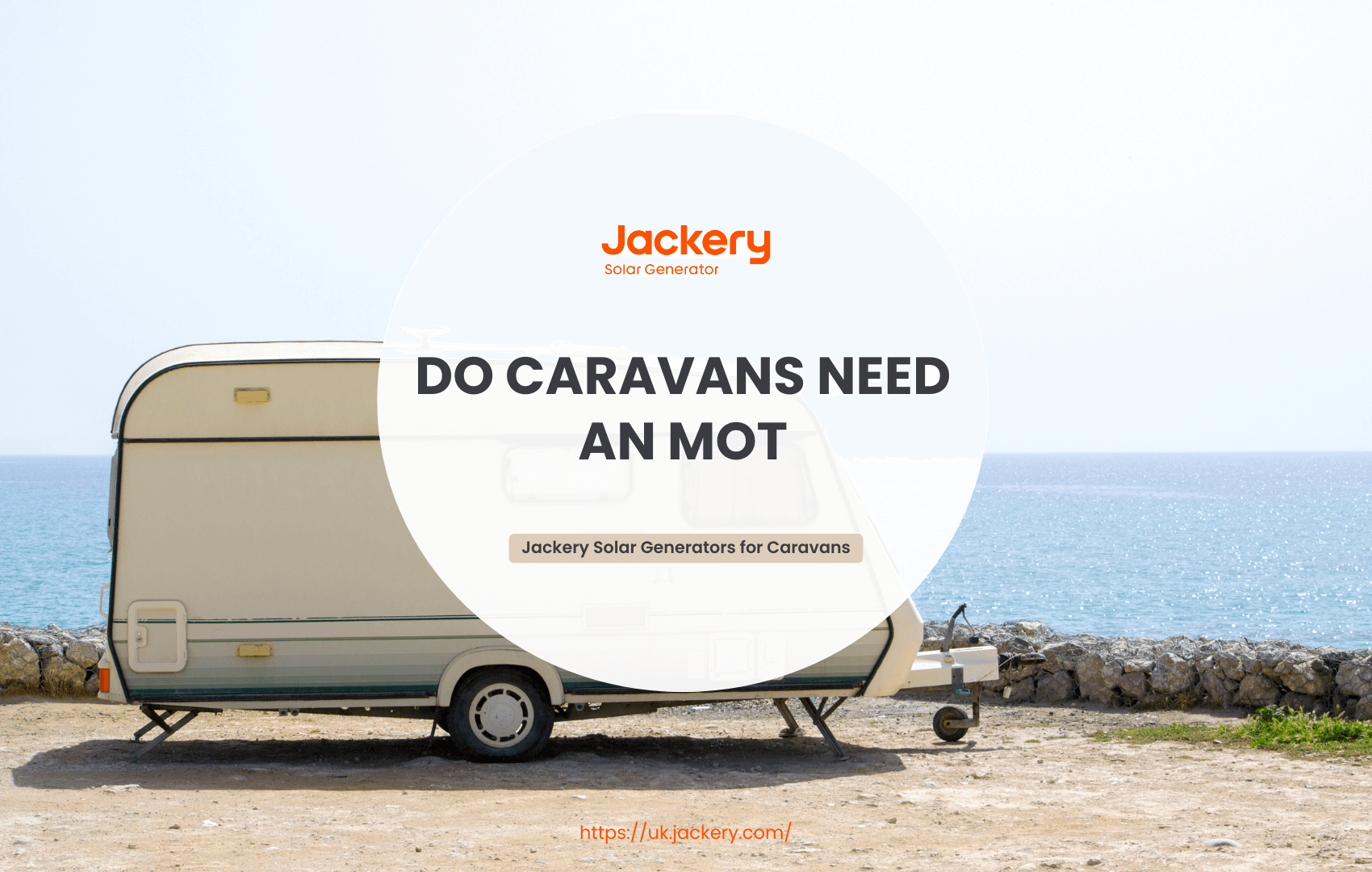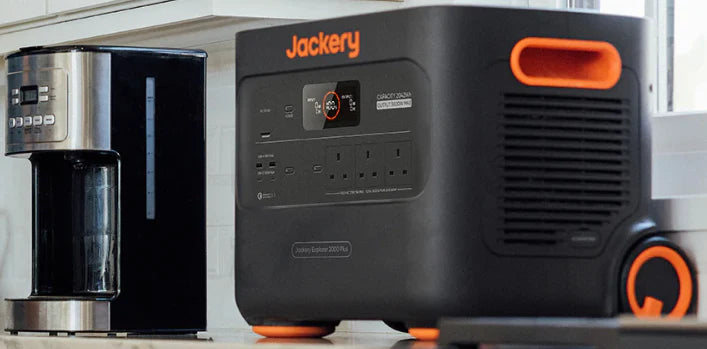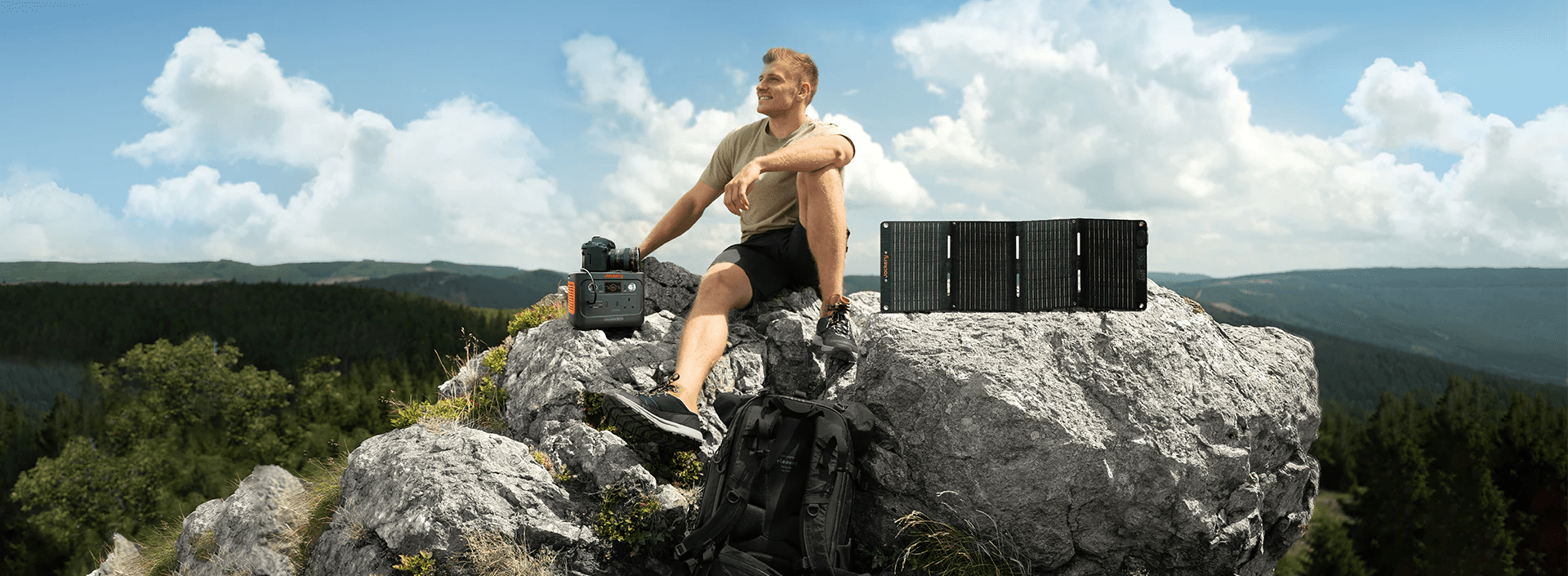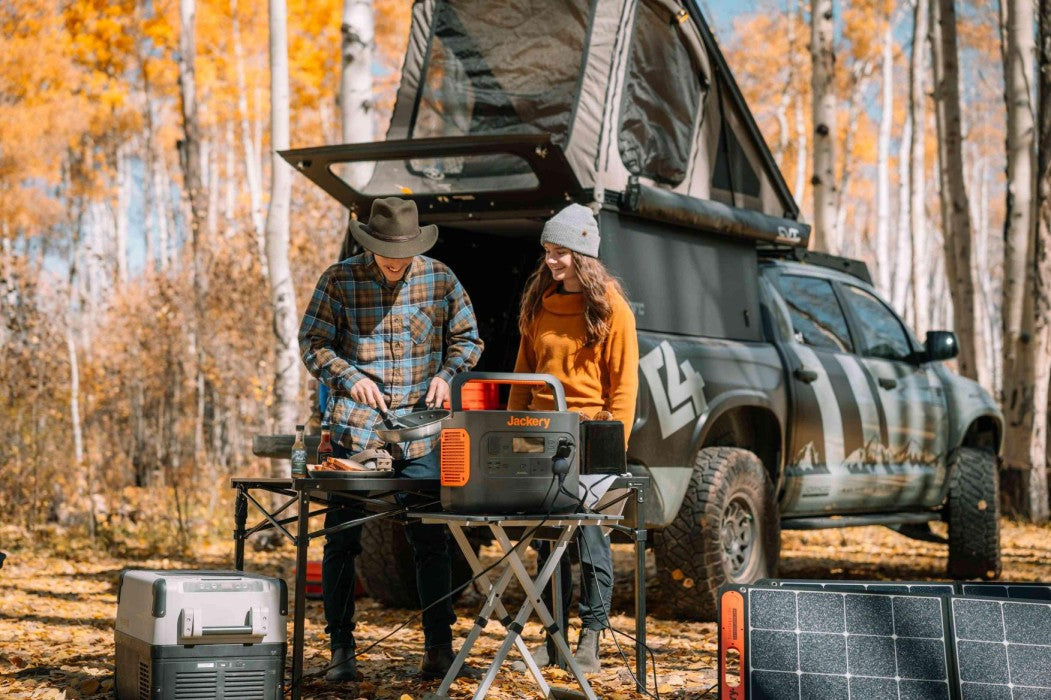You are not alone if you are wondering, "Do caravans need a MOT in the UK?" It is a common question for both new and experienced caravan owners. This guide covers all you need to know about caravan MOTs, including the legal requirements, current laws and exemptions, and how caravan servicing compares.
We also discuss important safety issues, such as how often you should check your caravan tyres, whether you need to register your caravan with the DVLA, and the insurance implications. Whether you tour frequently or infrequently, this article will keep your road legal, safe, and protected from costly blunders.
Key Takeaways: |
- Caravans do not require a MOT test because they are non-motorised trailers, unlike motor vehicles that are driven independently on the road. - Although caravans are exempt from an MOT, owners are still legally responsible for ensuring their caravan is safe to use on the road at all times. - Caravan tyres should be replaced every five years as a general rule to avoid age-related deterioration and potential safety risks on the road. - While caravan insurance is not legally required, it is strongly recommended to protect yourself financially from theft, damage, or liability. - It is essential to obtain a reliable power source when living in a caravan. We recommend Jackery Solar Generator 2000 Plus and 1000 Plus to power your caravan appliances off the grid. |
What Is an MOT Test for Vehicles?
An MOT test is a legally required annual assessment to ensure that automobiles fulfil road safety and environmental regulations. It applies to most automobiles in the UK that are more than three years old. The MOT test analyses the vehicle's brakes, lights, tyres, exhaust system, and overall structural integrity to ensure that it is safe to drive on public roads.
During an MOT, important safety components are examined to ensure that the vehicle is roadworthy and fulfils the regulatory minimums. These tests are required to ensure that vehicles are not only safe for their occupants but also for other road users. Most vehicles are not legal to operate on public roads unless they have a valid MOT certificate.
The test is performed by trained testers at licensed MOT centres and is required before your car may be taxed. Failure to get an up-to-date MOT can result in fines and invalidated insurance in several circumstances.
Caravan MOT: Current Regulations and Exemptions
Although MOT testing is a legal requirement for most vehicles in the UK, many caravan owners are uncertain whether their tourers are subject to the same restrictions. This section outlines the current legal stance on caravan MOTs, explains why they are regulated differently from other vehicles, and highlights the ongoing requirements for caravan owners to ensure their caravans remain safe and roadworthy.

Do Caravans Need a MOT?
Touring caravans are exempt from the MOT requirement under current UK law. This is due to the fact that they are not motorised vehicles but rather trailers carried by a vehicle and, hence, are free from the legal obligation for annual MOT testing. MOT regulations only apply to vehicles that travel on public highways under their own power, such as cars and RVs.
Why Are Caravans Exempt?
The MOT system is intended for vehicles with engines and self-propulsion, which caravans do not possess. As a result, a caravan is not considered a motor vehicle. Thus, it is not legally required to have a MOT. However, the law requires all trailers, including caravans, to be roadworthy. This includes verifying that the tyres, brakes (if installed), lights, and towing connections are all in good working order.
Legal Responsibilities for Caravan Owners
Although a MOT is not mandatory, caravan owners are legally responsible for ensuring their vehicle remains roadworthy and safe to drive. If a caravan is deemed unroadworthy while on the road, the driver may face fines, penalty points, or criminal charges. For example, the tyres must have the required legal tread depth, and the lights and brakes must function properly.
What About Motorhomes?
Motorhomes, unlike caravans, are considered motor vehicles and, consequently, require an MOT once they are more than three years old. The MOT for RVs is the same as for other vehicles of comparable weight and capacity, and it includes examinations for safety, emissions, and roadworthiness.
Are There Any Other Testing Schemes?
Although caravans are not required to have a MOT, they should undergo optional safety assessments. For example, some experts recommend getting a caravan serviced at least once a year, which involves inspecting the chassis, running gear, braking systems, suspension, and gas appliances. This is especially significant if the caravan is used frequently or transported over large distances.
Caravan Servicing vs MOT: What's the Difference?
While an MOT test is required by law for motor vehicles in the UK, caravans are exempt from this requirement. However, this does not mean that caravans may be overlooked; service is critical for guaranteeing safety, dependability, and regulatory compliance. The primary distinction between the two is in their aim, scope, and legal obligations.
Understanding the MOT
Most automobiles older than three years are required to undergo an annual MOT test. It focuses on ensuring that the vehicle complies with road safety and environmental regulations, involving inspections of the brakes, tyres, lighting, emissions, steering, and suspension. It must be completed at a DVSA-approved testing facility, and driving without a valid MOT may result in a fine of up to £1,000.
Caravans are exempt from this requirement because they do not have an engine or methods of propulsion. This is because MOT regulation is intended for motorised vehicles that are driven freely on the road rather than towed units such as touring caravans.
What Caravan Servicing Involves?
In contrast, caravan servicing is a comprehensive check performed by skilled specialists on an annual basis. It is not a legal necessity, but it is strongly advised to ensure that your caravan is safe and roadworthy. A thorough service includes inspections of the chassis, running gear, braking systems, lights, tyres, and the gas and electrical systems inside the trailer. This degree of examination goes well beyond what a MOT covers, making maintenance critical for safety and comfort.
Legal Responsibility Still Applies
Even without a MOT, owners are legally responsible for ensuring their caravan is roadworthy. This includes working lights, safe tyres, and brakes, as failing to comply can result in fines, invalidated insurance, or major traffic accidents.
Frequency and Professional Standards
Industry experts often recommend a comprehensive caravan service once a year, especially if the caravan is used frequently or stored outside. Some suppliers also provide National Caravan Council (NCC) authorised servicing, which provides further assurance that work is completed to accepted safety standards.
Regular servicing not only keeps the caravan roadworthy but also helps to retain its resale value. Many purchasers may look for evidence of a well-kept service history, particularly for newer or higher-end models.
What's the Difference?--Two Different Purposes
To summarise, the MOT is a legal compliance test for motor cars, whereas caravan servicing is an optional but necessary examination that includes both safety and habitation components. Both are necessary for ensuring that vehicles and caravans are fit for purpose and safe to travel; however, only touring caravans require regular servicing.
How Often Should I Change My Caravan Tyres?
Although your caravan is not required to get a MOT, it is legal to keep your tyres in good condition. Tyres are one of the most important safety features on a caravan, and improper maintenance can lead to major accidents, fines, and invalid insurance. Knowing how often they should be replaced, even if they still appear to have tread, is critical for every caravan owner.

Tyre Condition: Why Age Matters
Unlike daily-driven autos, caravan tyres can degrade due to age rather than wear. Caravan tyres are often left unused for extended periods, resulting in flat areas, cracking, and damage to the sidewalls. It is crucial to look for visible signs of ageing, such as bulges, cracks, or deformations.
Several sources propose replacing caravan tyres every five years, regardless of tread depth. In fact, even if the tyres appear to be in good condition, they may fail owing to age-related wear. If your tyres are more than seven years old, you should replace them right once, especially if you plan to drive long distances or pull heavy loads.
Legal and Safety Guidelines
Under UK road law, tyres must have a minimum tread depth of 1.6mm over the middle three-quarters of the circumference. However, many caravanning gurus recommend that you do not wait until the tyres reach the legal minimum. Instead, it's safer to replace them sooner, especially if the caravan is used regularly or stored outside.
Best Practice for Tyre Maintenance
You should check your tyres before each journey. This involves inspecting for proper inflation, uneven wear, cracks, and any noticeable damage. Under-inflated or damaged tyres can impair handling and braking, increasing the risk of accidents while towing.
Tyre pressure should be checked regularly and adjusted in accordance with the manufacturer's specifications or the caravan handbook. Some sites also recommend rotating your wheels if feasible and keeping your spare tyre in good condition.
Storing Your Caravan Helps
To reduce pressure on the tyres, put your caravan on axle stands or use tyre protectors while storing it for an extended period of time. Avoid prolonged exposure to sunlight or standing water, as both might cause rubber to degrade more quickly.
In conclusion, caravan tyres should be replaced every five years as a general rule, and promptly if they reach seven years old or show signs of wear or damage. Regular checkups and correct storage can considerably extend the life of your tyres and lower the likelihood of failure on the road.
Do You Have to Register a Caravan with the DVLA?
Although caravans do not require a MOT, all owners should be aware of the critical insurance and registration requirements. Whether you tow your trailer occasionally or use it frequently for touring, understanding the legal and practical implications will help you stay safe on the road—and financially.
Do You Need to Register a Caravan with the DVLA?
The DVLA currently does not require you to register a touring caravan in the same way that you would a motor vehicle. A touring caravan does not receive its own registration plate. Instead, it displays the registration number of the car being towed.
This is why it's critical that your number plate matches the towing vehicle exactly, including typeface, spacing, and reflective material.
However, if your caravan weighs more than 3,500kg, you must register it with the DVLA because it falls into a different vehicle category under UK legislation. This only applies to large, hefty caravans, not the standard touring vehicles that the majority of owners use.

Should You Insure Your Caravan?
Caravan insurance is not legally needed, but it is strongly recommended. If your caravan is damaged or stolen and you do not have separate insurance, you may be unable to collect the costs. Standard car insurance sometimes only covers third-party responsibility while towing, not the caravan itself.
Caravan insurance products cover various risks, including accidental damage while towing or on-site, theft or attempted theft, storm or weather damage, malicious damage or vandalism, and public liability protection.
Insurance Requirements and Roadworthiness
Although a MOT is not legally required, your insurance company expects your caravan to be roadworthy. If an accident occurs and it is discovered that your caravan has unlawful tyres, malfunctioning brakes, or damaged lights, your insurance may be voided or have its coverage limited. Insurers may deny a claim if poor maintenance is found to have contributed to the occurrence.
Regular servicing and maintenance records may also be valuable in supporting insurance claims, particularly when unintentional damage occurs. Some companies may even provide discounts if you have your caravan serviced on a regular basis or store it in a secure area.
Theft Protection and Security Marking
Many insurers also recommend—or require—that your caravan have suitable anti-theft features, such as wheel clamps, hitch locks, or tracking systems. Furthermore, registering your caravan with the Central Registration and Identification Scheme (CRiS) will facilitate the process in the event of theft and make insurance claims easier to process. Many insurers strongly encourage CRiS registration, which is not mandatory.
A basic touring caravan does not require registration with the DVLA, and insurance is not legally mandatory. However, the risks of theft, damage, or liability exist, and specialist caravan insurance provides financial security and peace of mind. Always keep your caravan roadworthy, well-maintained, and properly secured, as this can affect insurance eligibility and claims.

Jackery Solar Generators for Caravans
Unlike just a power station that needs to be recharged from an AC outlet, a Jackery Solar Generator allows you to produce electricity from sunlight. This means you can stay off-grid for extended periods in remote, scenic locations across the UK without worrying about finding an electric hook-up.
The UK boasts an incredible variety of landscapes, from the Scottish Highlands and Welsh mountains to the Cornish coast and Norfolk Broads. Many of the most beautiful and peaceful spots are wild camping locations or smaller, independent sites with limited or no electric hook-ups. A solar generator liberates you from the grid, allowing you to immerse yourself in these areas for extended periods of time.
Unlike traditional petrol or diesel generators, a Jackery Solar Generator produces no harmful fumes and operates silently. This is crucial for maintaining the tranquillity of natural environments, respecting local wildlife, and being a considerate neighbour on campsites. Here, we recommend Jackery Solar Generator 1000 Plus and 2000 Plus.
Jackery Solar Generator 1000 Plus
The Jackery Solar Generator 1000 Plus, which comprises the Jackery Explorer 1000 Plus Portable Power Station and Jackery SolarSaga 100W solar panels, is an excellent choice for caravan owners seeking a versatile and reliable off-grid power solution.

Expandable Capacity for Extended Trips: The core Explorer 1000 Plus unit boasts a 1264Wh LiFePO4 battery. This is a substantial amount of power for a caravan, capable of running lights, charging devices, and operating smaller appliances.
A major advantage of the 1000 Plus (and other "Plus" series Jackery models) is its modular design. You can add up to three additional Jackery Battery Pack 1000 Plus units, expanding the total capacity from 1.26 kWh to an impressive 5 kWh. This scalability means you can tailor your power reserves to your specific caravan trip length and energy demands, from a weekend getaway to extended off-grid adventures.
High Power Output for Caravan Appliances: With a continuous output of 2000W, the Explorer 1000 Plus can handle a wide range of typical caravan appliances, including fridges, kettles, coffee makers, fans, and more. The Pure Sine Wave Inverter ensures a clean and stable power output, which is essential for safely operating sensitive electronics, such as laptops, medical devices (e.g., CPAP machines), and more.
LiFePO4 Chemistry: The 1000 Plus uses a LiFePO4 battery, which offers superior durability and safety compared to traditional lithium-ion batteries. They boast an impressive 4000 charge cycles to 70%+ capacity, meaning they will serve your caravan adventures for many years. Jackery's advanced Battery Management System (BMS) and ChargeShield 2.0 technology provide multiple layers of protection against overcharging, over-discharging, overheating, and short circuits, ensuring safe operation within your caravan.
Quiet Operation: Unlike noisy petrol generators, the Jackery 1000 Plus operates silently, which is crucial for a peaceful caravan experience, especially when parked at quiet sites or off-grid locations.


- More Power in Smaller Size - 1260Wh, 2000W
- Up to 5kWh Expandable Capacity for Outdoors and Emergencies
- Safety First: Fully Upgraded BMS (Battery Management System) Protections
- Long-lasting LFP Battery with 4000 Charge Cycles
- Fast Wall Charge: Takes Only 100 Mins
- to Reach 100% Battery Level
- Fast Solar Charge in 2H with Advanced
- IBC Technology
- Smart App Control at Fingertips
- Guaranteed Satisfaction: 5-Year Long Warranty
Jackery Solar Generator 2000 Plus
While the Jackery Solar Generator 2000 v2 offers an excellent balance for many caravanners, the Jackery Solar Generator 2000 Plus (which includes the Explorer 2000 Plus Portable Power Station and SolarSaga 200W panels) provides a significantly higher level of power, flexibility, and longevity that can make it the necessary choice for specific caravan trip styles and needs.

3000W Continuous Output (6000W Surge): This is the biggest differentiator. The 2000 v2 offers 2200W, which is good, but the 2000 Plus's 3000W allows you to run virtually any caravan appliance without worry. Even if an appliance has a high momentary startup demand, the 2000 Plus can handle it, ensuring smooth and uninterrupted operation.
Capacity from 2kWh to 12kWh: This is the game-changer for serious caravanners. While the base 2000 Plus has a similar 2042.8Wh capacity to the 2000 v2, its unique ability to connect up to five additional battery packs (Jackery Battery Pack 2000 Plus) allows you to expand the total capacity to a massive 12kWh.
Multi-Day/Week Off-Grid Trips: This expandability is necessary for caravanners who want to spend extended periods in remote locations without hook-ups (e.g., exploring the Scottish Highlands, remote parts of Wales, or long tours of national parks). It means you can run your caravan's fridge, lights, and heating (in bursts) and charge all your devices for days, even weeks, without grid power.
Enhanced Charging Speed and Efficiency: The 2000 Plus quickly recharges from a wall outlet (0-100% in about 1.7 hours), which is invaluable for rapid top-ups when you can plug in. The 2000 Plus can handle a much higher solar input (e.g., fully charged in 2 hours with 6 x SolarSaga 200W panels), which means you can generate and store massive free energy from the sun in a shorter period.





- Expandable for Versatile Scenarios: 2-12 kWh of expandable capacity
- Leaping Performance: Powers Heavy-duty Devices up to 3000W
- Ultra Fast Solar Charging: Advanced IBC Technology, Fast Solar Charge in 2 Hours
- Long-lasting Reliability: Outstanding LiFePO4 Battery with 10-Year Lifespan
- ChargeShield Technology: Using a unique variable-speed charging algorithm, fast charge technology boosts battery life by 50%
- Guaranteed Satisfaction: Excellent 5-Year Long Warranty
FAQs
The following are the frequently asked questions about the caravan MOT test.
1. Do you have to tax and MOT a caravan?
Caravans, being non-motorised trailers, do not require vehicle tax or an MOT test in the United Kingdom. Instead, they rely on the towing vehicle's tax and MOT. However, owners must verify that their caravan is roadworthy, safe, and meets regulatory criteria for lighting, tyres, and brake systems. If a caravan weighs more than 3,500 kg, it must be registered with the DVLA, and additional requirements may apply.
2. Do you need to get a caravan MOT?
Standard touring caravans do not require an MOT in the UK because they are trailers that do not have an engine or independent means of propulsion. The MOT test is only for motor vehicles. However, caravan owners are responsible for keeping their caravan safe, which includes servicing the brakes, tyres, lights, and chassis to ensure it is roadworthy.
3. What are the rules for caravans in the UK?
UK regulations require caravans to meet specific safety criteria, including working lights and reflectors, proper brakes (if applicable), proper tyre condition, and a tight coupling to the towing vehicle. Caravans must carry the towing vehicle's registration plate. If the caravan weighs more than 3,500kg, it needs to be registered separately with the DVLA. Although not legally required, regular servicing is recommended for safety and insurance concerns.
4. Do I need insurance to tow a caravan?
While caravan insurance is not legally required in the UK, it is strongly advised. The towing vehicle's insurance typically covers third-party liability but not damage or theft to the caravan. Specialist caravan insurance packages offer comprehensive coverage for theft, accidental damage, storm damage, and liability, enabling owners to protect their investments and avoid costly charges.
5. What is the 10-year rule for caravans?
The 10-year rule relates to the legal maximum age of tyres attached to caravans and trailers in the UK, after which tyres must be replaced regardless of tread condition. Tyres that are more than ten years old are considered dangerous due to rubber degradation and an increased chance of failure. To guarantee road safety, change caravan tyres every five years and never use tyres that are more than ten years old.
Final Thoughts
Although caravans do not need a MOT in the UK, maintaining roadworthiness is still a legal and practical need. Regular servicing ensures that your caravan remains safe and functional, while good tyre care and timely replacements can help prevent serious accidents.
Understanding DVLA registration laws and having enough insurance coverage provides peace of mind, particularly in the event of theft or damage. By adhering to industry best practices and legal criteria, caravan owners may enjoy their excursions knowing their vehicle is safe, compliant, and properly insured. Don't ignore these fundamentals; your and others' safety depends on it.









